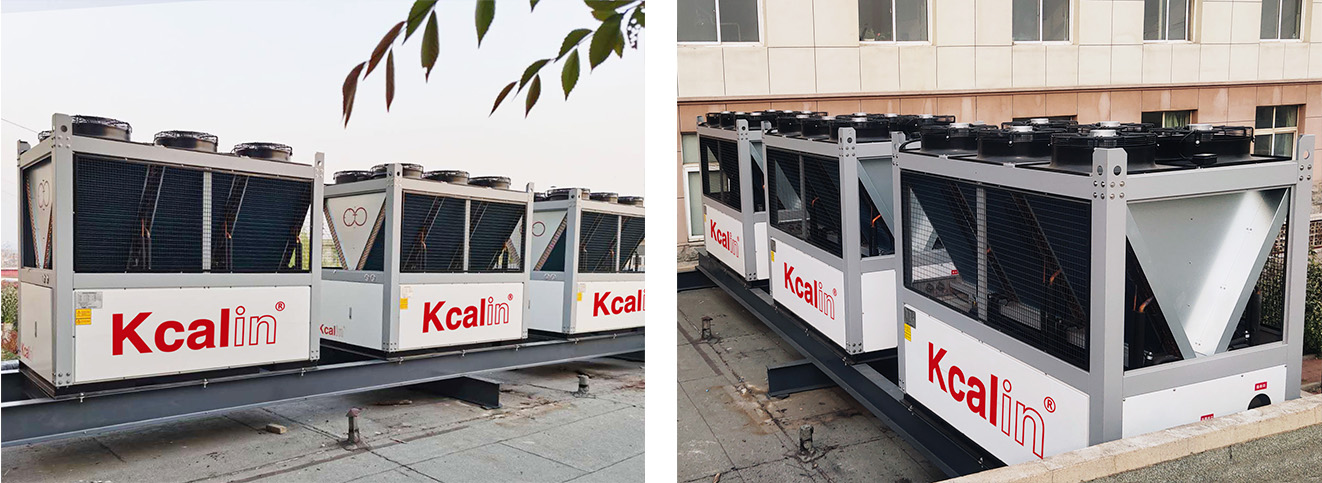With the advancement of technology and the improvement of environmental awareness, traditional heating methods are gradually being replaced by more efficient and environmentally friendly solutions. In this winter, air source heat pumps have become a highly anticipated new heating option. Today, let's uncover the refrigerant types and advantages of air source heat pumps, and see how they bring innovation to our winter heating.
Air source heat pump is a device that uses the reverse Carnot cycle principle to heat indoor air by absorbing heat from the air. Its working principle is similar to that of an air conditioner, but the difference is that a heat pump can provide heating in winter and cooling in summer, achieving multi-purpose use.
Refrigerant is an important component of air source heat pumps, which directly affects the performance and efficiency of the heat pump. Here are several common refrigerants and their advantages:

R22 (difluorochloromethane): This is a traditional refrigerant that has a certain destructive effect on the ozone layer, but its heat pump performance is stable and widely used in early air source heat pump products.
R410A (a mixture of difluoromethane and pentafluoroethane): As an environmentally friendly refrigerant, R410A does not damage the ozone layer and has a higher energy efficiency ratio and lower operating pressure. It is currently the mainstream choice for air source heat pumps in the market.
R32 (difluoromethane): R32 is a new type of environmentally friendly refrigerant with high energy efficiency ratio, low global warming potential, and small volumetric cooling capacity. It is the development trend of future air source heat pump refrigerants.
R134a (Tetrafluoroethane): Although R134a has no harmful effect on the ozone layer, its global warming potential is relatively high, so its application in air source heat pumps is gradually decreasing.
Advantages of Air Source Heat Pump
Efficient and energy-saving: The energy efficiency ratio of air source heat pumps is usually over 300%, which means that consuming 1 kilowatt of electricity can generate more than 3 kilowatts of heat, greatly reducing heating costs.
Environmentally friendly and pollution-free: Air source heat pumps using environmentally friendly refrigerants do not produce exhaust gas or wastewater during operation, making them environmentally friendly.
Easy installation: Air source heat pumps are easy to install, do not require complex piping systems, save space, and are suitable for various building environments.
Automatic adjustment: Modern air source heat pumps are equipped with intelligent control systems that can automatically adjust their operating status based on indoor and outdoor temperatures, maintaining a constant and comfortable indoor temperature.
As a new type of winter heating method, air source heat pumps are gradually changing our heating habits due to their high efficiency, energy saving, environmental protection, and convenience. Choosing the appropriate refrigerant can not only improve the performance of heat pumps, but also contribute to the protection of our planet's environment. In this winter, consider using an air source heat pump to bring a warm and environmentally friendly winter to your home.







Comment